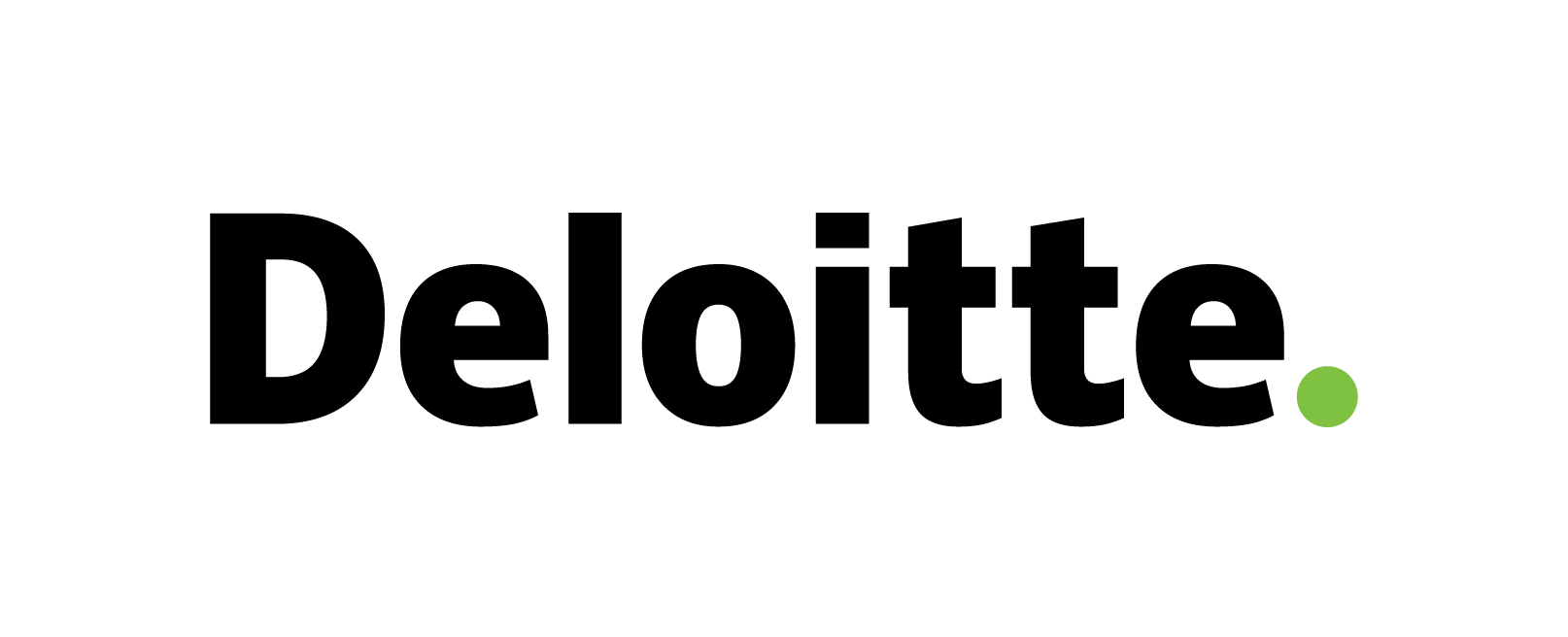On 6th May, Comarch hosted an expert panel as part of the TechCity Connect industry event to explore what comes next for Digital Transformation – including the digital ideas emerging for employee duty of care, public perception, customer expectation and regulation.
As part of the event, we spoke to the panel moderator David Dalton, Consulting Partner and EMEA Blockchain Lab Co-Lead for Deloitte, to get his view on how retail banks are adapting to the challenges and opportunities presented by the period of lockdown and beyond.
What are the opportunities and challenges for firms with the rapid shift to digital?
It’s an interesting time for retail banks – especially digital challengers in the space. Almost overnight, we’ve seen the creation of customers who only engage with banks digitally. For David, this is forcing firms to rethink their approach.
“Banks have been trying to do this for years, and suddenly their customers’ behaviour has changed, so that’s a massive shift,” he says. “Off the back of that, there’s a huge implication for banks in terms of how they adapt their operating model to be largely digital. There are questions around whether they need branches – along with challenges around ATMs and cash.”
“Now, I think the big opportunity (and the challenge) for the incumbent banks is how to lock in the savings that have resulted from the switch to digital,” he continues. “It does pose some major questions for them around vulnerable customers. Up until now, vulnerable customers would have included those who struggle to use digital channels. That might well have changed, so how do you define who your vulnerable customers are now?”
David also highlights the economic effect the current crisis has had on the banks’ customer bases. “So many people have become unemployed and are falling into arrears that there’s a whole raft of new vulnerable customers,” he says. “This extends to SMEs as well. Many sectors have been hit badly by COVID-19, so the sustainability of those businesses is a major challenge.”
“The big opportunity (and the challenge) for the incumbent banks is how to lock in the savings that have resulted from the switch to digital”
How will the sudden behavioural change affect firms? What should they be ready for?
While it’s hard to know how people will respond to a post-pandemic economy, but David points to the issues banks will face in terms of consumer confidence. “Demand for banking products and services is likely to be much lower, which is a behaviour change they’re probably already expecting,” he says. “I think there’ll be an expectation for more digital services, and that will probably push into areas that aren’t digital today – or that banks don’t have digital services for.”
David highlights the example of buying a house. “Conveyancing to a large extent in the UK is still a non-digitised process,” he explains. “Will customer expectation over the medium-term drive that to become a digital process and move it away from being a paper-based process that’s slow and takes a long time?”
“For me, I think there’ll be some changes in terms of what customers expect to be digitised,” David continues. “This won’t just be the core banking products and services but will likely cover the entire end-to-end process from a customer perspective. With that in mind, I think banks have to do more to digitise every touchpoint they have with consumers.”
“Banks have to do more to digitise every touchpoint they have with consumers”
Will firms elevate Digital Transformation as a discipline in their businesses?
For David, some banks have already started this process. “Most banks have someone with the title of Chief Digital Officer,” he says. “But what the current crisis will likely do is to increase the importance of that role and its focus – along with the expectations of what it needs to achieve. For me, that would be in terms of working across the entire organisation, not just creating a digital front-end for the business.”
“Ultimately, it’s an interesting situation for banks,” he continues. “On one hand, they have a level of digital use they’ve never had before that makes the bank more efficient. However, on the other side, they’re facing some massive economic and profitability challenges, so I think there’s a real tension in terms of how they address both of those aspects.”
Watch the full expert panel from TechCity Connect on-demand to discover more about how firms are shifting from Digital Transformation to Digital Survival, here.

Deloitte is a leading global provider of audit and assurance, consulting, financial advisory, risk advisory, tax, and related services. Its blockchain practice delivers a range of services from introductory training, strategic advisory and assisted prototyping right through to the delivery of production-ready enterprise solutions for major firms around the world. Find out more at deloitte.com/uk/en
Related Posts
TechCity Connect Interview: Tom Kennedy, CWSI
As part of TechCity Connect, Tom Kennedy, Head of Sales for CWSI, shares his insights on the shift to remote working and the future of the workplace.
TechCity Connect Interview: James McLeod, FINOS
As part of TechCity Connect, James McLeod, Director of Community at FINOS, shares his insights on cloud adoption and open source projects in finance.



